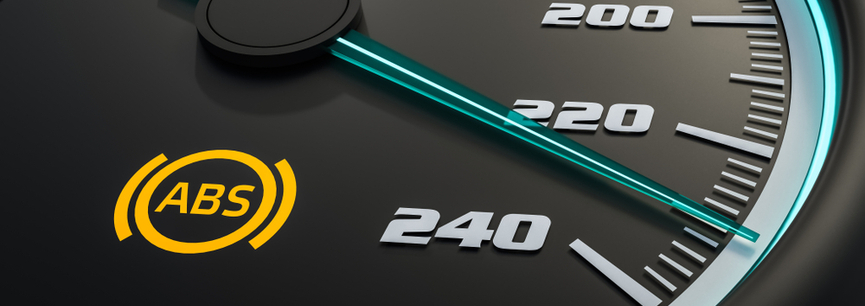
Your local dealer will get back to you within 24 hours with recommendations and to book an appointment.

Sooner or later, everyone finds themselves in a situation where emergency braking is necessary. Braking on a wet or slippery surface can cause the vehicle’s wheels to lock. This reduces the adhesion between tires and the road surface and makes the vehicle unsteerable.
Thus, the antilock braking system (ABS) has a very important role in maintaining the safety of your vehicle as it prevents the wheels from locking and enables safe braking.
ABS constantly works by monitoring the rotational speed of each vehicle’s wheel. If it senses that any wheel is rotating at a slower speed than the car’s speed, then it will automatically release braking pressure on that wheel to prevent it from locking up.
The Anti-lock braking system sensor is located on the brake caliper. It is part of your car’s electronic stability control (ESC).
The ESC helps prevent problems such as oversteer or understeer. It is linked to the engine control unit (ECU), called the car’s brain. The ECU reads the signal from each of the speed sensors of the wheel. When brakes are suddenly applied, the wheel decelerates faster which may cause it to lock. ECU then sends a signal to the valve, which makes it close, and the pressure to the brake pad reduces and prevents the wheel from locking. When the wheel starts to accelerate again, the signal is sent; this reduces the wheel’s speed and tries to make it stop.
Due to this, the locking of the wheel prevents the car from skidding and ensures that you regain control of the vehicle.
The obvious signs that can help to detect an ABS brake system issue are –
Several benefits of anti-lock brakes are-
If still in doubt, TIRECRAFT is here to keep your anti-lock braking system and the rest of your vehicle in optimum working condition so that you can always drive with confidence. Bring your vehicle to your nearby TIRECRAFT if you ever feel your braking system isn’t working as it should.